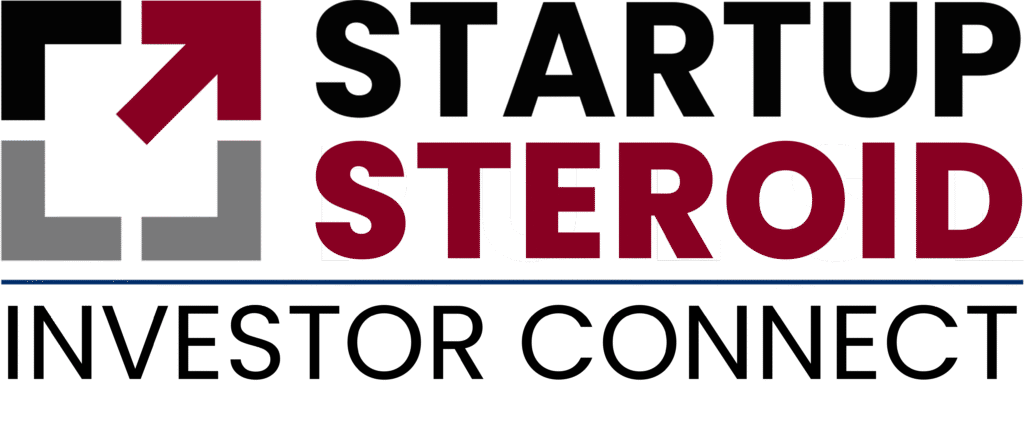When markets tighten, funding becomes harder to access—especially for early-stage startups. Traditional venture capital firms tend to pull back, focusing on safer bets or portfolio support. Angel investors have become more cautious. For founders seeking capital in uncertain times, this can feel like hitting a wall.
But where one door closes, another opens. More founders are now turning to an alternative that’s gaining ground fast: the startup investment platform.
Why Downturns Hit Traditional Fundraising Hard
During a downturn, risk appetite tends to shrink. Venture capital firms may still have dry powder, but they slow their deployment. Pitch meetings get longer. Term sheets come with more strings attached. Even accelerators may tighten their cohorts.
For early-stage startups, this creates a dangerous funding gap. The usual pathways—warm intros, institutional meetings, closed networks—suddenly become more challenging to access or less fruitful. But the need for capital doesn’t disappear. It just requires a new route.
The Rise of the Startup Investment Platform
A startup investment platform provides a digital environment where founders can connect directly with investors—often bypassing the traditional gatekeeping process. These platforms offer startups the opportunity to pitch, raise funds, and build momentum through a larger and more accessible community of backers.
In the past, founders might have waited months for investor meetings to turn into checks. Now, with a well-structured campaign on a platform, they can raise funding from dozens or even hundreds of investors—sometimes in weeks.
The downturn has accelerated this shift. More founders are realizing that they don’t have to rely solely on institutional capital. They can go to market, tell their story, and attract investment on their terms.
Lower Barriers, Wider Access
One of the most significant advantages of a startup investment platform is the access it provides. Founders don’t need to know the “right people” in Silicon Valley. They don’t need to have a track record. Instead, they need a solid business, a compelling story, and a clear value proposition.
In tough times, when many founders are excluded from elite networks, this shift is decisive. Platforms help level the playing field by showcasing diverse founders and business models, thereby promoting inclusivity and diversity. Investors get access to opportunities they’d otherwise never see. Startups also have the chance to build relationships with a broader range of backers, including angel investors, syndicates, micro-funds, and even family offices.
Community Over Capital Alone
In an economic downturn, support is just as important as funding. Many founders using a startup investment platform aren’t just looking for money—they’re looking for believers. These investors often act as early adopters, champions, and connectors. Some may offer expertise. Others might open doors.
Traditional VC tends to be more transactional. But platform-based investing is often community-driven. Founders are raised from people who genuinely care about the product or the mission. That emotional investment goes a long way, especially during uncertain times.
Navigating the Downturn with Agility
Downturns demand speed and flexibility. A founder can’t afford to wait six months for funding while expenses pile up. A startup investment platform offers a more agile path. Founders can launch their campaigns, test investor interest, and adapt quickly to changing market conditions. Some platforms even allow rolling closings, so startups can begin deploying capital as soon as it’s raised.
This flexibility is a lifeline in tough markets. It allows founders to keep building instead of pausing or shutting down.
A Long-Term Shift, Not Just a Short-Term Fix
What began as a temporary solution during downturns is evolving into a lasting strategy. Even in stable markets, many founders now prefer the transparency and reach of platforms over the gatekeeping of traditional VC. The pandemic gave the space momentum. Current market pressures are only accelerating its adoption.
More investors are also warming up to the model. They see the benefits of co-investing with peers, discovering off-the-radar deals, and supporting startups they believe in—without needing to be part of a fund.
As a result, the startup investment platform is no longer a backup plan. It’s becoming a core part of the startup ecosystem.
Conclusion
Downturns test founders, but they also spark innovation in how startups raise money. Faced with tighter capital markets and slower VC movement, many are choosing to go a different route—one that offers more control, more visibility, and more community.
The startup investment platform is rising to meet that moment. And even when the markets recover, it’s likely here to stay.





